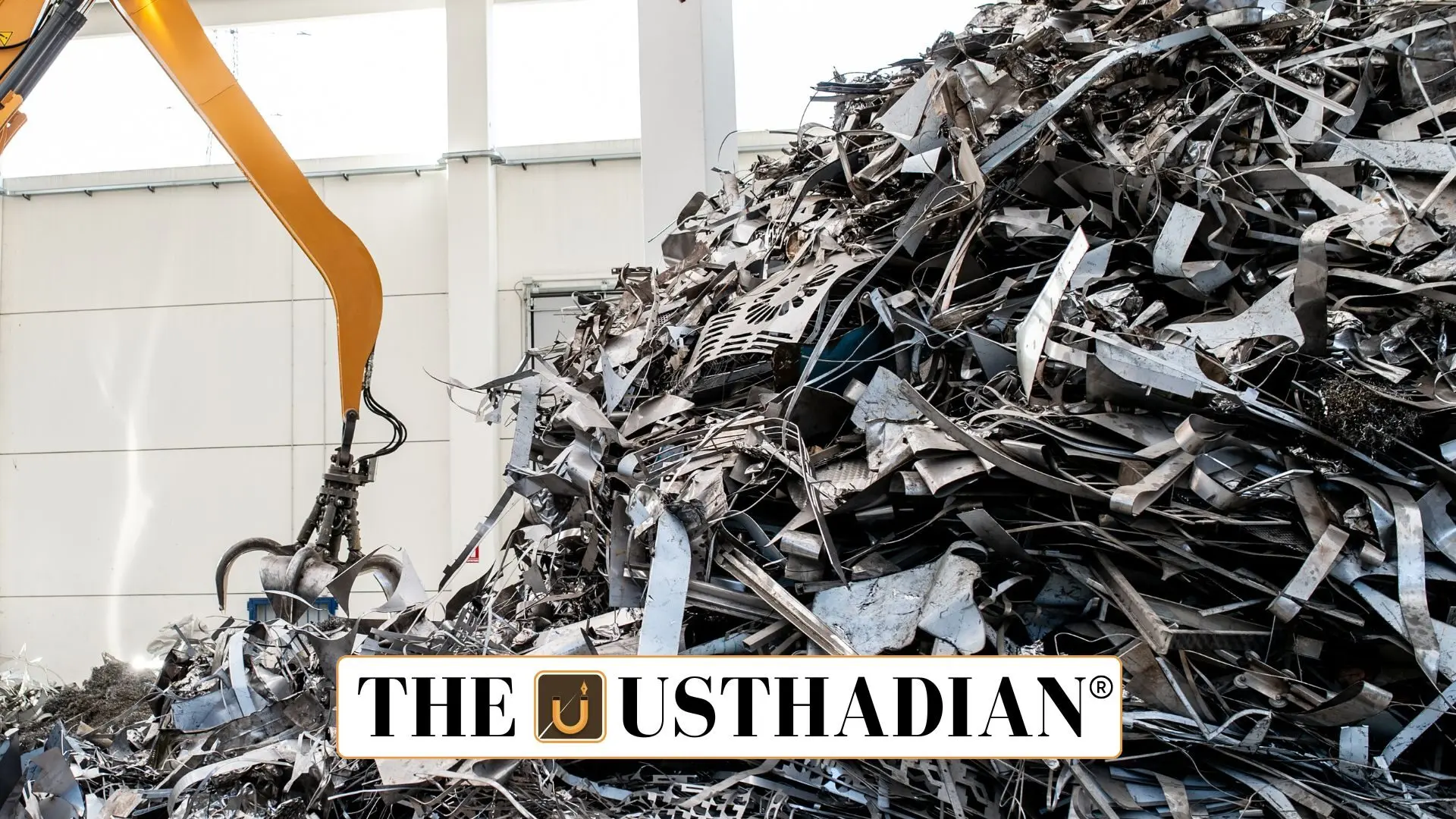New EPR framework for scrap metal
India’s EPR Push for Non-Ferrous Metal Scrap Management: The Ministry of Environment, Forest and Climate Change has introduced a new Extended Producer Responsibility (EPR) framework. This regulation will come into effect from April 1, 2026 and applies specifically to scrap generated from Non-Ferrous Metals like aluminum, copper, zinc, and their alloys.
This is a major regulatory shift to ensure producers are held accountable for the recycling and end-of-life management of their products. The move is aligned with India’s sustainability and resource conservation goals.
Targets to promote recycling
Under this EPR regime, every producer will have mandatory recycling targets, beginning with 10% in 2026-27, gradually scaling up to 75% by 2032-33. The targets are designed to give industries adequate time to build capacity while ensuring gradual compliance.
The Central Pollution Control Board (CPCB) will manage the process by issuing EPR certificates via a centralized portal. These certificates will be valid for two years from the end of the financial year in which they were generated.
Static GK fact: The CPCB was established in 1974 under the Water (Prevention and Control of Pollution) Act, 1974.
Importance of non-ferrous metal recycling
Non-ferrous metals like aluminum and copper are highly valuable due to their recyclability without quality loss. Recycling these metals saves energy, reduces mining dependence, and supports circular economy principles.
The new policy acknowledges industry challenges in transitioning but sets a clear pathway for sustainable metal usage. It covers a wide product range—from electrical wiring to construction materials—ensuring broad impact.
Static GK Tip: Aluminum is the most abundant metal in the Earth’s crust and plays a vital role in sectors like aviation, automotive, and packaging.
What is Extended Producer Responsibility
EPR is a policy tool where producers are made responsible for the collection, recycling, and disposal of products they introduce into the market.
India first introduced the EPR concept through the E-Waste (Management and Handling) Rules, 2011. Since then, it has expanded to include plastic waste and now, metal scrap.
Related global cooperation with Brazil
India and Brazil have recently signed six key agreements across climate and energy sectors. Brazil became a co-founder of the Global Biofuel Alliance and ratified the International Solar Alliance (ISA) Agreement in 2022.
In trade, India recorded a surplus with Brazil as bilateral trade touched USD 12.20 billion in 2024-25. Both countries are also committed to cooperation in multilateral forums like BRICS, IBSA, and G-20.
Static GK fact: India and Brazil upgraded their ties to a Strategic Partnership in 2006, focusing on defence, trade, and global governance reforms.
Static Usthadian Current Affairs Table
| Topic | Detail |
| EPR for Non-Ferrous Metals | Enforced from April 1, 2026 |
| Recycling Target (Initial) | 10% for 2026–2027 |
| Recycling Target (Final) | 75% by 2032–2033 |
| Issuing Body for EPR Certificate | Central Pollution Control Board (CPCB) |
| EPR Certificate Validity | Two years from end of financial year |
| EPR Origin in India | Introduced in 2011 through E-Waste Rules |
| Key Metals Covered | Aluminum, Copper, Zinc and their alloys |
| Strategic Partner (India-Brazil) | Since 2006 |
| Brazil’s Role in Renewable Energy | Co-founder of Global Biofuel Alliance |
| ISA Agreement Ratification | Brazil ratified in 2022 |








